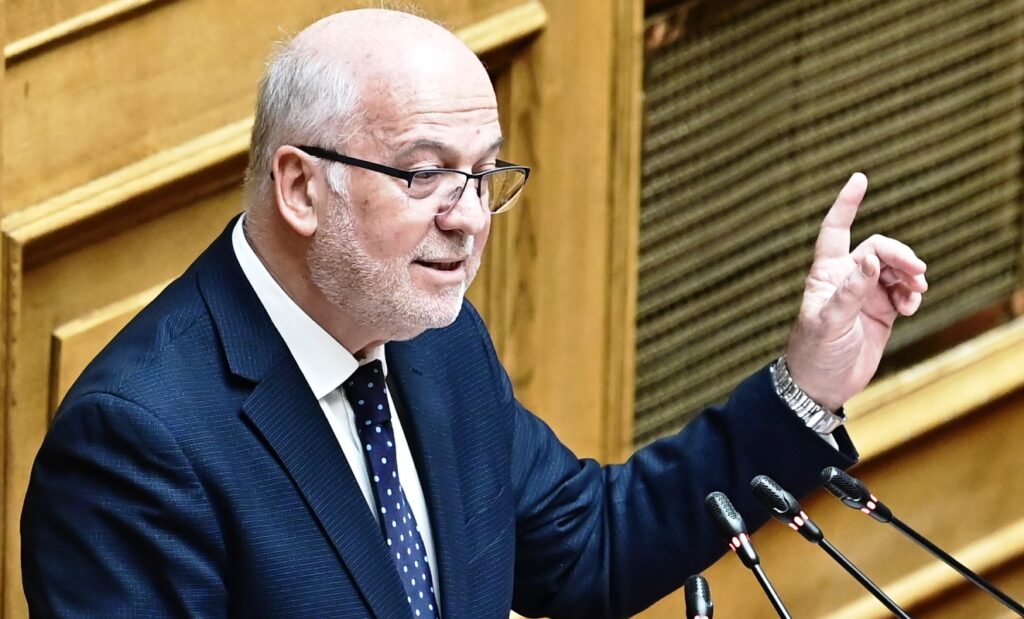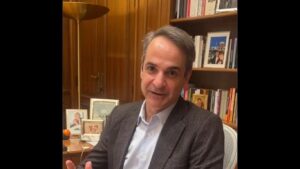Following the infant murder case involving Eirini Mourtzoukou, Georgios Floridis commented on the Justice Ministry’s decision to suspend the operation of the forensic service in Patras. As he characteristically stated, what was discovered about this forensic service both in the Mourtzoukou case and in the Roula Pispirigkou case, “this was the reason that forced us to see the radical reorganization of forensic services. If you don’t cut out the rotten parts, they will infect the rest.”
Read: Patras forensic service suspended – Involvement in high-profile cases and serious malfunctions
As he reminded, a General Directorate for forensic services was established at the Justice Ministry, which until recently did not exist, and then “we established a permanent 3-member committee of forensic doctors headed by the head of this specific directorate at the ministry. This committee can intervene following prosecutorial orders or requests from individuals in cases where there are assessments by judges or prosecutors or by people that something is not going well.”
In this context, speaking on Alpha 989, he explained that “following a request from the local prosecutor of Ileia with an order to the Athens Homicide Department, the 3-member team has taken over. The assessment is that in a few days it will issue the report specifically for the death of Panagiotakis, we will see what they say.”
Floridis on the timeline for reopening the Patras forensic service
Beyond the General Directorate, the Justice Ministry also legislated “the basic elements that must be included in a forensic report to be accepted in courts because until today reports arrived at court and the judge asked why this or that was missing. Now every forensic examination must include basic elements.”
Specifically regarding forensic doctor Tsiola, who until recently was head of the Patras forensic service and was involved in the Pispirigkou case, Georgios Floridis said that “she is on administrative leave to investigate whether there are any criminal responsibilities on her part in contradictions she had.”
Regarding the “malfunction” mentioned in the decision to suspend the Patras forensic service, he explained that “only one forensic doctor remained who compiled the three reports related to the Mourtzoukou case. In view of what had preceded (with Mrs. Tsiola) and this development, we decided to suspend the service. Whether the forensic doctor (who signed the reports in the Mourtzoukou case) will remain suspended, we will have to see the evidence from the prosecutorial authorities. As with Mrs. Tsiola, we had reference in the operative part of the decisions, we do not intervene on our own.”
Finally, when asked about the timeline for reopening the Patras forensic service, the Justice Minister replied “I don’t think it will take long because the appointment of a new forensic doctor through competition is pending, if they accept to go, in the coming days and to see if others are needed as well,” repeating that until then “cases concerning Patras will be examined by Corinth and if necessary we will send reinforcements from Athens.”




